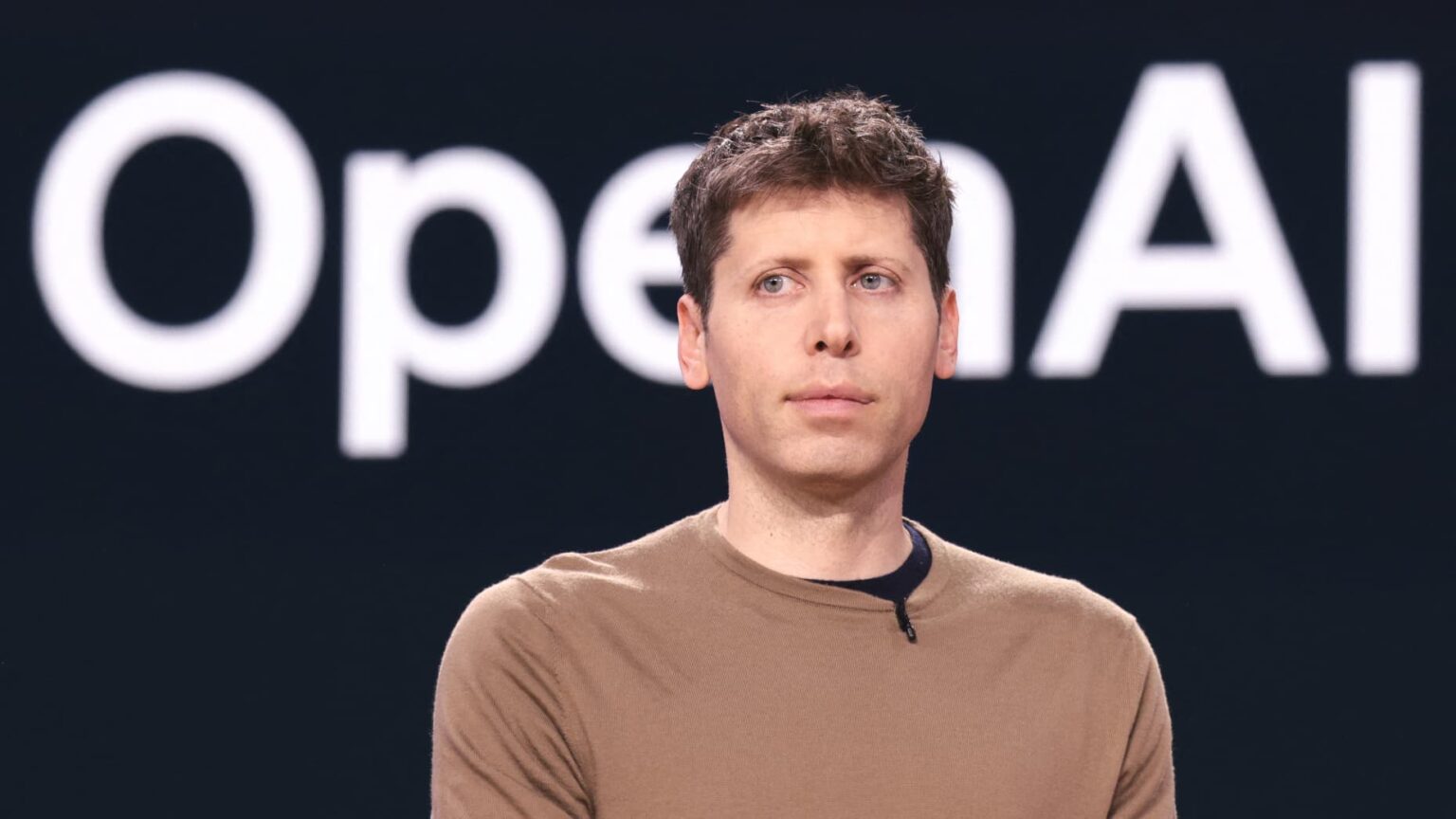|
Getting your Trinity Audio player ready...
|
OpenAI is facing a significant legal hurdle as it contends that Indian courts lack the jurisdiction to hear lawsuits related to its U.S.-based business operations. This stance comes amid a broader debate over cross-border litigation involving technology firms, where similar defenses have faltered, notably in the case of messaging app Telegram. U.S. technology companies have also recently encountered mounting pressure from governments on compliance issues, adding further complexity to the evolving digital regulatory landscape.
At the heart of OpenAI’s argument is the assertion that Indian courts should not have authority over disputes concerning its operations, which are primarily based in the United States. Legal experts suggest that this position hinges on the principle of territorial jurisdiction—a core tenet in international law that delineates the rights of nations to adjudicate matters within their borders. OpenAI maintains that while its services are accessible in India, its organizational and operational framework is rooted in U.S. law.
“Determining the proper forum for litigation is crucial for companies operating on a global scale,” noted Priya Mehta, an international law expert based in Mumbai. “OpenAI’s argument reflects a broader trend where U.S. tech companies are challenging local jurisdictions when facing regulatory or legal actions abroad.”
Comparative Case: Telegram’s Unsuccessful Defense
The challenges OpenAI faces are not unprecedented. Telegram, the widely-used messaging service, recently attempted to invoke similar defenses in Indian courts. However, Telegram’s approach ultimately failed to convince the judiciary, leading to continued legal battles over compliance with local regulations. The outcome of Telegram’s case underscores the difficulties multinational technology companies face when trying to extricate themselves from the reach of national laws in markets where they operate.
Legal analysts observe that Telegram’s experience could serve as a cautionary tale for OpenAI. “The precedent set by Telegram’s case indicates that Indian courts are increasingly assertive in their jurisdiction over digital businesses, regardless of where these companies are based,” explained Rajiv Sharma, a senior analyst at TechLaw Insights.
Regulatory Pressures on U.S. Technology Firms in India
OpenAI’s legal argument emerges against a backdrop of heightened scrutiny of U.S. technology firms by Indian regulatory bodies. Over recent months, several high-profile cases have seen American tech giants facing intense government scrutiny over data privacy, compliance, and operational transparency in India. The Indian government has been proactive in ensuring that foreign companies adhere to local regulations—a move aimed at safeguarding consumer interests and promoting digital sovereignty.
This regulatory trend is part of a broader global phenomenon where governments are seeking to reassert control over digital markets, emphasizing the importance of local data protection laws and compliance standards. “Governments around the world are increasingly unwilling to allow multinational tech companies to operate without adhering to local laws,” observed Anita Gupta, a policy advisor specializing in technology regulation. “In India, this is particularly evident as authorities work to balance innovation with robust consumer protection measures.”
